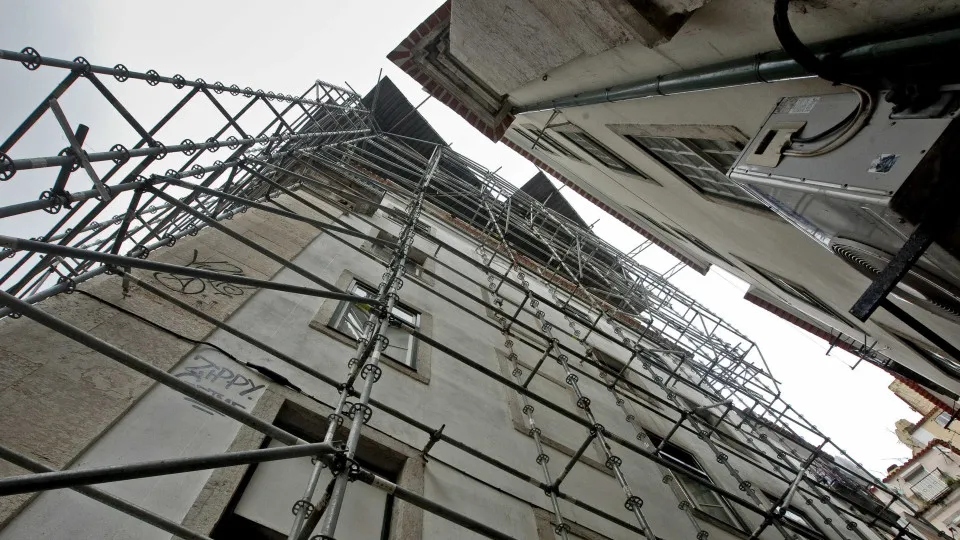
Eugénia Quaresma acknowledged today’s parliamentary approval of the revised immigration law, stating it reflects the current possibilities within the legislative framework. Quaresma, the coordinator of the Forum of Catholic Organizations for Immigration and Asylum (Forcim), noted, “The law aims to provide a clear signal that immigration is regulated and seeks to accommodate and integrate those needed.”
The emphasis now is on legal and secure pathways, yet Quaresma stressed the importance of effective law implementation and the need for operational services to avoid delays, which could hinder the newly established agreements, including labor arrangements, that facilitate regular migration.
She warned of continued irregular arrivals if the system fails to function efficiently, given the country’s demand for immigrants. “Having a law to regulate entry isn’t enough; there’s a need for on-the-ground work and functional services to prevent frustration and overburden among staff,” she added.
Quaresma also called for a societal strategy regarding how people treat colleagues from different nationalities and cultures, emphasizing the importance of social peace.
Today, the Assembly approved a new version of the foreign nationals’ law, receiving favorable votes from PSD, CDS-PP, Chega, IL, and JPP, with opposition from PS, Livre, PCP, BE, and PAN.
The globally approved decree outlines the legal framework for the entry, stay, and removal of foreigners, initially rejected by the Constitutional Court in August. The passed amendments included proposals from the coalition supporting the government, with exceptions and inclusions from Chega and PS.
During the specialty vote, the government coalition retracted proposals on family reunification residency renewal, opting to back Chega’s alternative, which excludes social benefits from residency evaluation—a detail absent in the PSD and CDS proposal.
The coalition also adapted its approach regarding residency requirements for family reunification, supporting Chega’s timeframe changes for spouses who’ve resided abroad with applicants before immigration to Portugal.
The government coalition approved only one PS amendment, facilitating third-country agreements for visa and residency processing. Proposed amendments from Livre and JPP were not passed.



